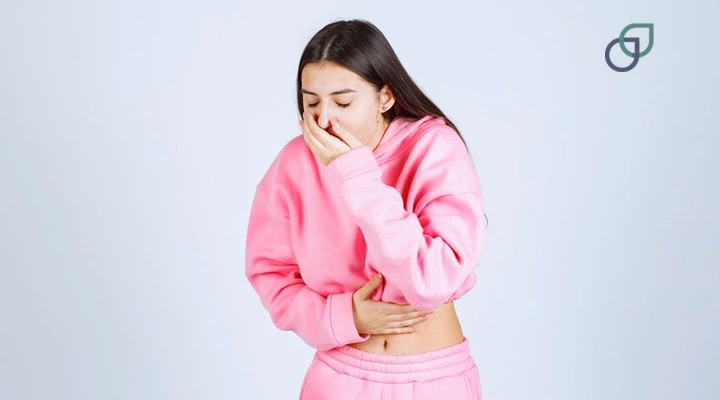Food poisoning is an unpleasant experience that affects millions globally every year. It can range from mild discomfort to severe illness requiring medical attention.
Understanding What to Eat When You Have Food Poisoning and how treatments like IV therapy can help are crucial steps toward recovery.
This article explores dietary recommendations, the role of IV treatment, and additional measures to alleviate symptoms and promote healing.
What is Food Poisoning?
Food poisoning happens when you eat or drink something that has harmful germs in it. This can make you feel sick, with symptoms like throwing up, having diarrhea, feeling stomach pain, or having a fever.
It usually happens because the food wasn’t handled or cooked in a sufficiently appropriate manner, or it got contaminated somehow. Causes vary from bacteria like E. coli and Salmonella to viruses and parasites.
Food Poisoning Symptoms
Some of the most common food poisoning symptoms include:
- Nausea
- Vomiting
- Diarrhea
- Abdominal pain or cramps
- Fever
- Weakness or fatigue
- Headache
- Muscle aches
- Dehydration (due to vomiting and diarrhea)
- Loss of appetite
Immediate Steps to Take
Seeking medical advice is essential if symptoms are severe or persist. For dehydration or nutrient loss, IV treatments offer a direct way to replenish fluids and essential minerals.
What to Eat When You Have Food Poisoning
The BRAT diet, consisting of bananas, rice, applesauce, and toast, is gentle on the stomach and helps bind stools. Staying hydrated is paramount, with clear fluids like water, broth, and electrolyte solutions recommended. Avoid dairy, caffeine, alcohol, and fatty foods, which can exacerbate symptoms.
In severe cases where oral intake is not feasible or insufficient, intravenous (IV) treatment may be necessary to ensure hydration and nutrient replenishment. IV fluids may contain electrolytes, glucose, and other essential nutrients to support the body’s functions during illness.
It’s important to consult a healthcare professional for proper assessment and management of gastrointestinal issues requiring IV treatment.
IV for Food Poisoning
IV therapy delivers nutrients and hydration directly into the bloodstream, bypassing the digestive system. This method is particularly beneficial for severe dehydration or when oral intake is not possible. IV drips can include saline solutions, vitamins, and minerals to support recovery.
Home Remedies and Comfort Measures
In addition to diet, herbal teas like ginger and peppermint can soothe the stomach. Rest is also vital for the body to heal effectively.
Preventing Food Poisoning
Here are some tips to prevent food poisoning:
- Wash hands thoroughly before handling food.
- Keep raw meats separate from other foods to prevent cross-contamination.
- Cook food to the recommended internal temperature.
- Refrigerate perishable foods promptly.
- Thaw frozen foods safely in the refrigerator or under cold running water.
- Avoid consuming unpasteurized dairy and juices.
- Seek medical attention if experiencing symptoms of food poisoning.
Advanced Treatments for Severe Cases
In severe cases of food poisoning, hospitalization may be necessary for close monitoring and intensive treatment. This may include administering intravenous (IV) fluids to prevent dehydration and restore electrolyte balance, as well as antibiotics or other medications to combat the infection. Hospitalization helps the doctors to closely monitor the patient’s condition and provide appropriate interventions as needed to ensure a speedy recovery and prevent complications.
Conclusion
Recovering from food poisoning involves careful management of diet and hydration. Understanding what to eat, the benefits of IV therapy, and when to seek medical help are key to a swift recovery. For a detailed consultation book your appointment at Manhattan IV Therapy.
FAQs
How does IV therapy aid in food poisoning recovery?
IV therapy aids in food poisoning recovery by replenishing fluids and electrolytes lost through vomiting and diarrhea, helping to prevent dehydration.
When should you seek medical attention for food poisoning?
One must seek medical attention for food poisoning if symptoms persist for more than 48 hours, if you have a high fever, severe dehydration, or blood in stool

